I think it near-universal an instinct of human beings to want to share knowledge–to find it before anyone else, of course, but then to share it. Not merely to feel superior but to give others the pleasure of it. I think I may have this instinct to any extreme. It is certainly why, unlike most poets, I’m rarely satisfied to present a poem with no comment. Perhaps I would if I believed anyone would catch on to what the poem was doing without help, but I don’t think so, for I don’t merely want to explain the poem, but hold forth on the creative process; my own quirks as a poet, and person; whose work I’ve stolen from; why the poem I’m discussing is great–or not great; and almost anything else I can think of.
Here, I want to gab about the work I posted yesterday–mainly about why I consider it a failure. I believe it began with my thinking of its dividend, “the before/ the best colors quiet/ (permanently) into.” Probably in slightly different words that I played with. I still liike this expression although it only means “one’s happiest memories.” But poetry basically consists of trite comments gussied up.
The graphic at the top is a negative image of a detail from one of my cursive mathmaku. The blue fragment of text in it is most of “any preposition whatever,” a locution I feel will work anywhere. The poem, incidentally, was to be part of a set of four inter-related poems, one or two of the others also using details from prior mathemaku of mine.
Around the time I came up with the dividend’s text, I scribbled “mapling into a full moon.” This enchanted me, I think because L delight in using nouns as verbs. But I was also thinking of the color of the moon (a favorite image of mine) abd iof maple syrup. And the latter’s taste. I added “evening” because of some vague thought of a (printed) evening somehow turning into a (cursive) moon in some maple-like manner. That is, the sap of evening was being collected by the form of the moon. Many of my mathamuical terms are touched with this kind of weird rationality, or pseudo rationality. Sometimes I believe it works, sometimes not. In this case, not. In spite of how nice the cursive part of it looks.
The divisor was forced. I just couldn come up with an appropriate image, so grabbed “pond,” because I like ponds almost as much as I like the moon. I made the image “poetic” with “breeze-trilled.” It’s a kind of silly hyphenated adjective that I’m prone to. Some of them work, at least for those not biased against heightened rhetoric, but I don’t think this one does. Actually, I believe I may have taken the pond from another mathemaku in my quartet, having found something better for the poem I took it from. It was more political there than here, the “certification” having to do with the need for places to get away from totalitarianism to. (I’m semi-obsessed with the BigWorld’s extreme preference for credentials over abilities.) I think the liquidity of the pond works nicely with mapling, and the darkness of the quotient works with “evening.” This is important since the term under the dividend is supposed to result from themultiplication of the divisor by the quotient. But both still seem off to me. At this stage, I’m not sure whether to change them or replacethem. So far, I have no ideas for doing either.
My remainder I threw in because I couldn’t think of anything else. An ampersand can work anywhere, in my opinion, but I use it too often, and should not have here.
Sometimes when I write out an analysis of a poem I’m dissatisfied with, I write my way to solutions. That didn’t happen this time. Oh, well, I found it fun to do!
.
This entry was posted on Wednesday, October 19th, 2011 at 12:00 AM and is filed under From My Poetry Workshop, Literary Criticism, Mathematical Poetry, Poetry Criticism. You can follow any responses to this entry through the RSS 2.0 feed. You can leave a response, or trackback from your own site.
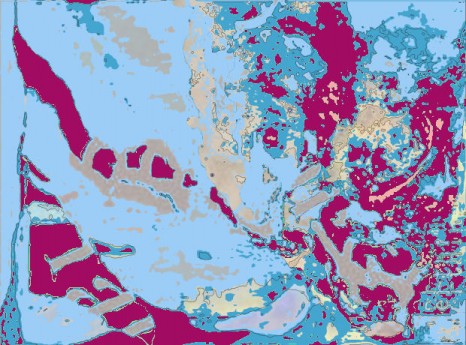

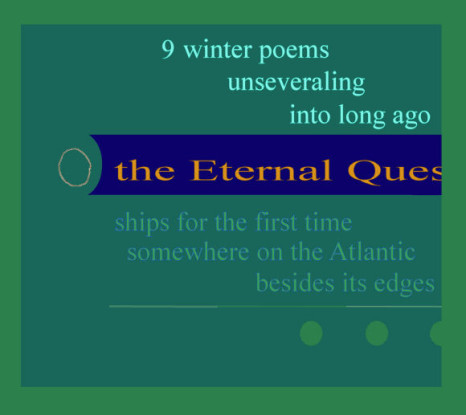
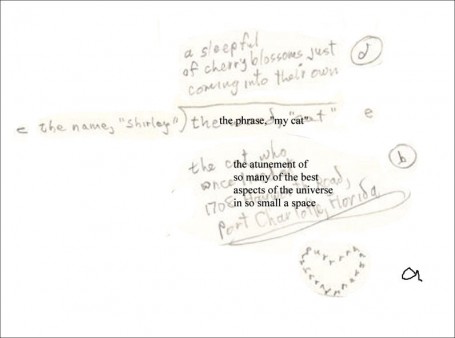
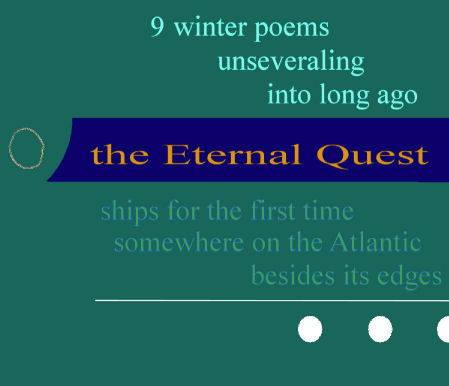
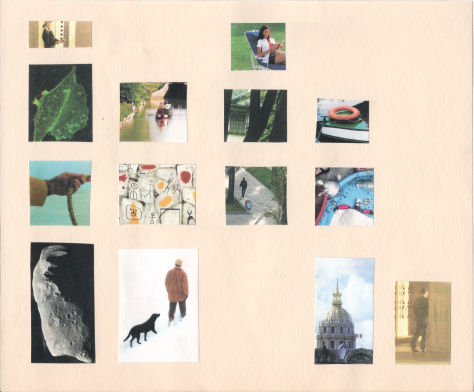



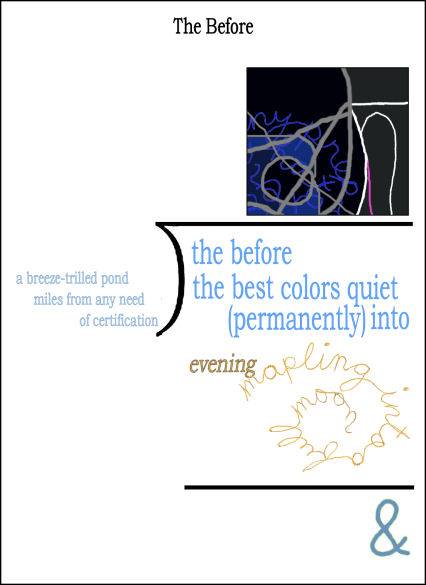
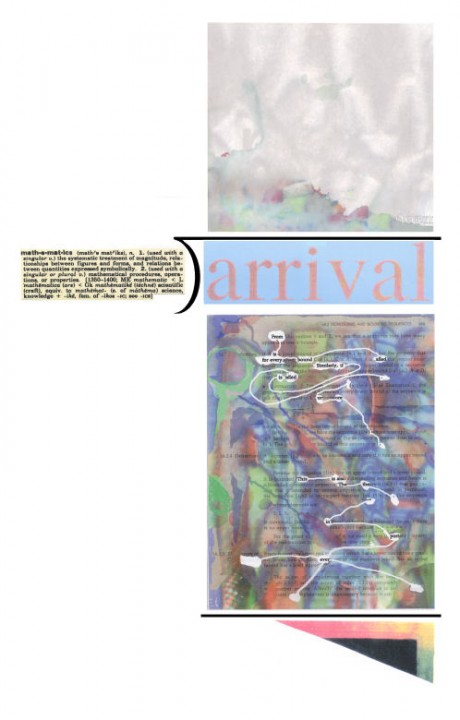
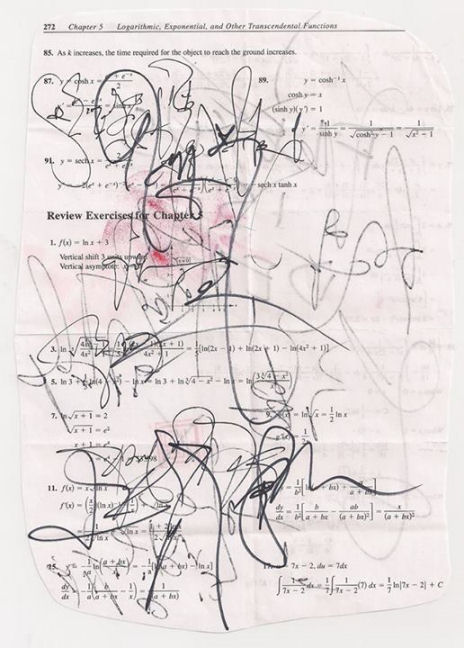
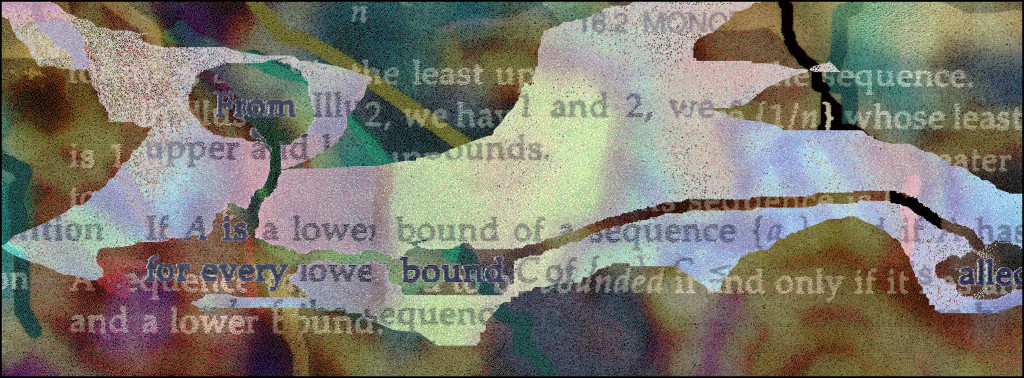
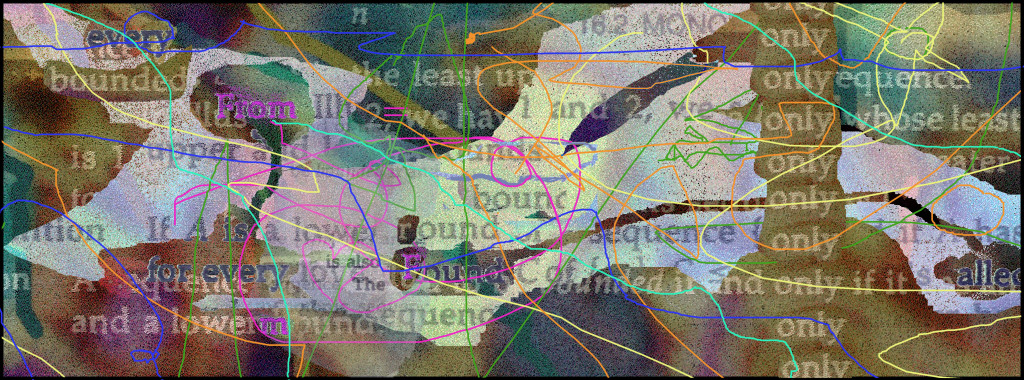
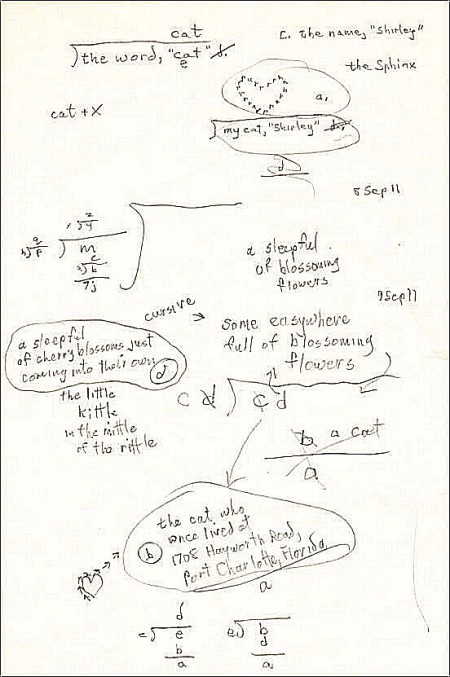
Bob,
love the first one: very film noir-ish